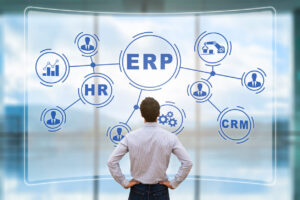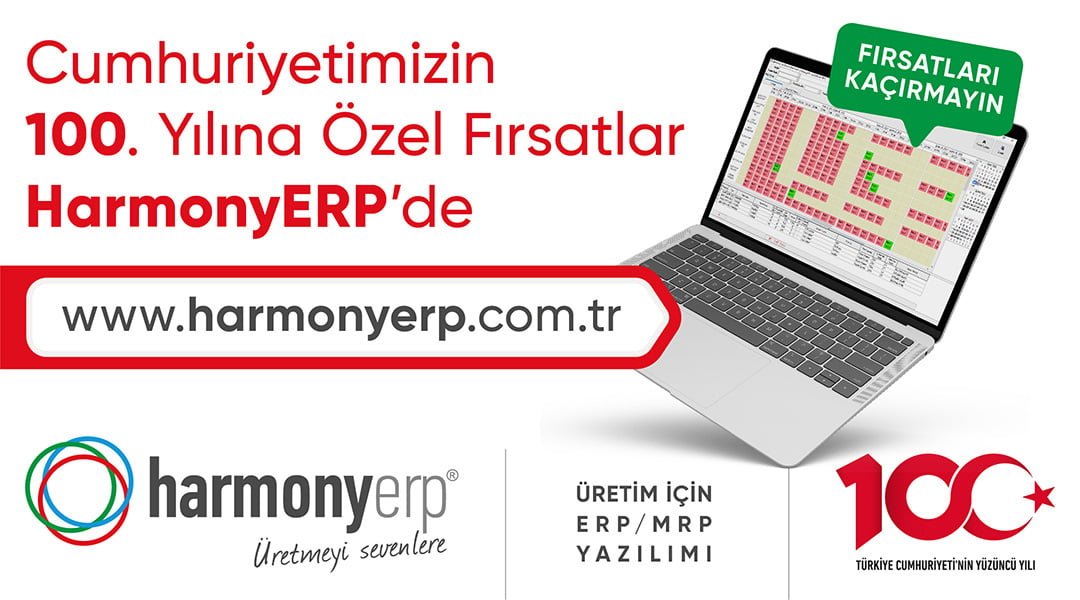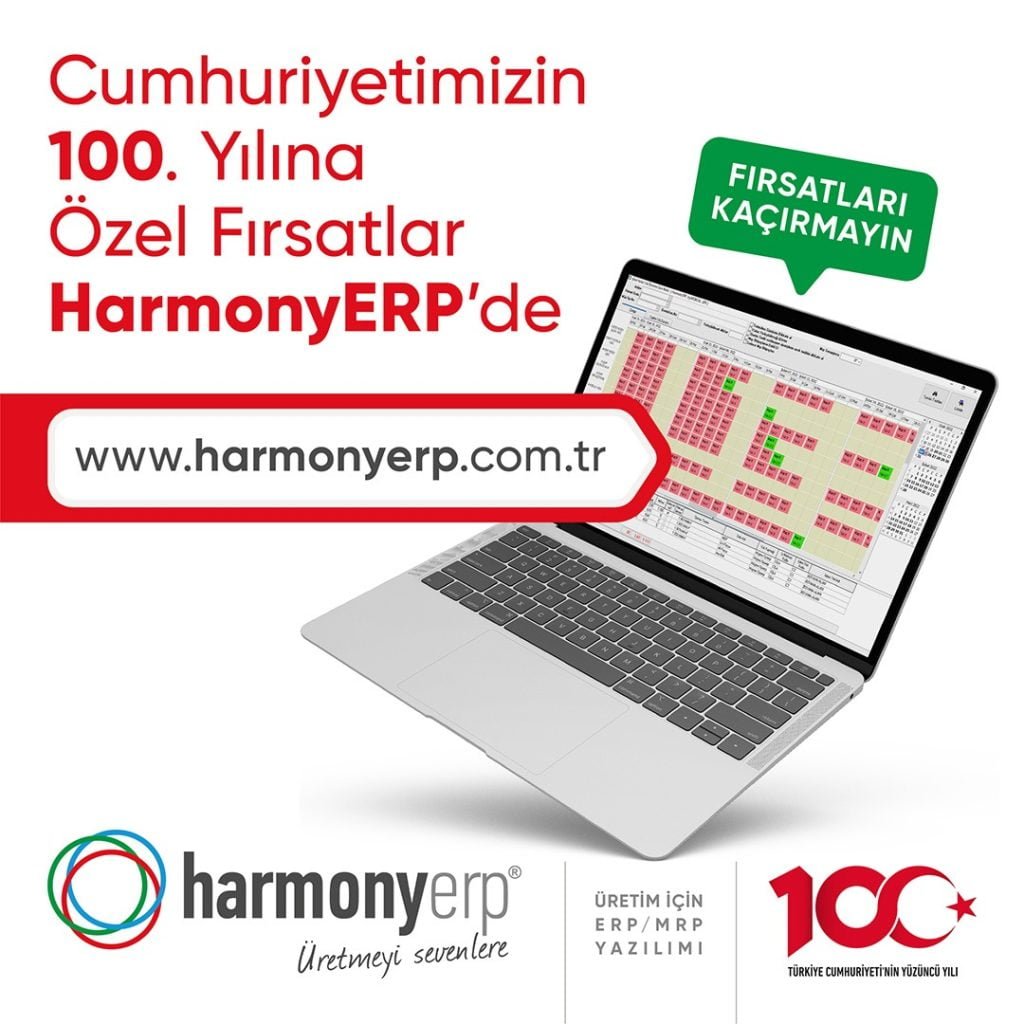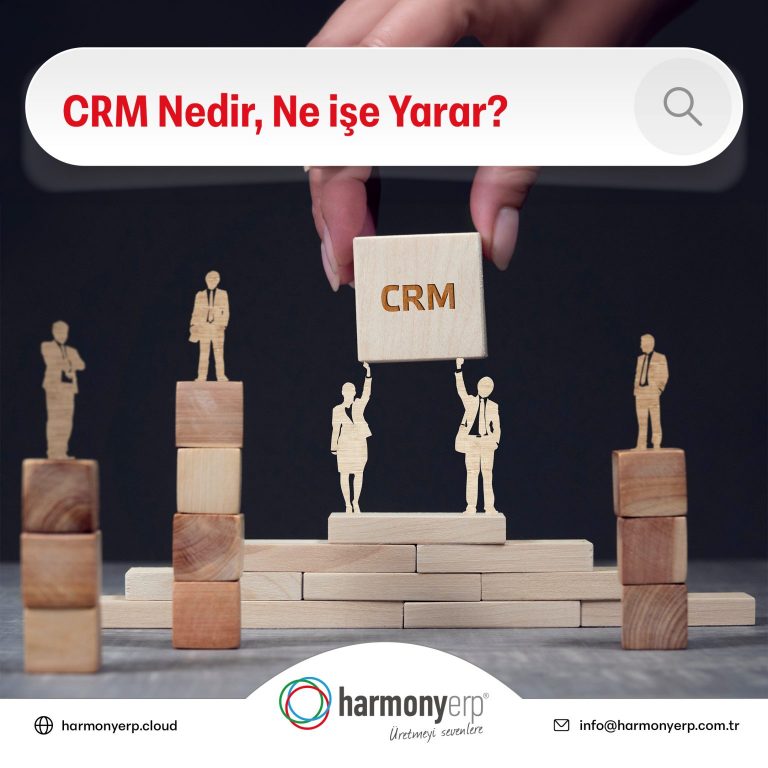What is ERP and how does it work?
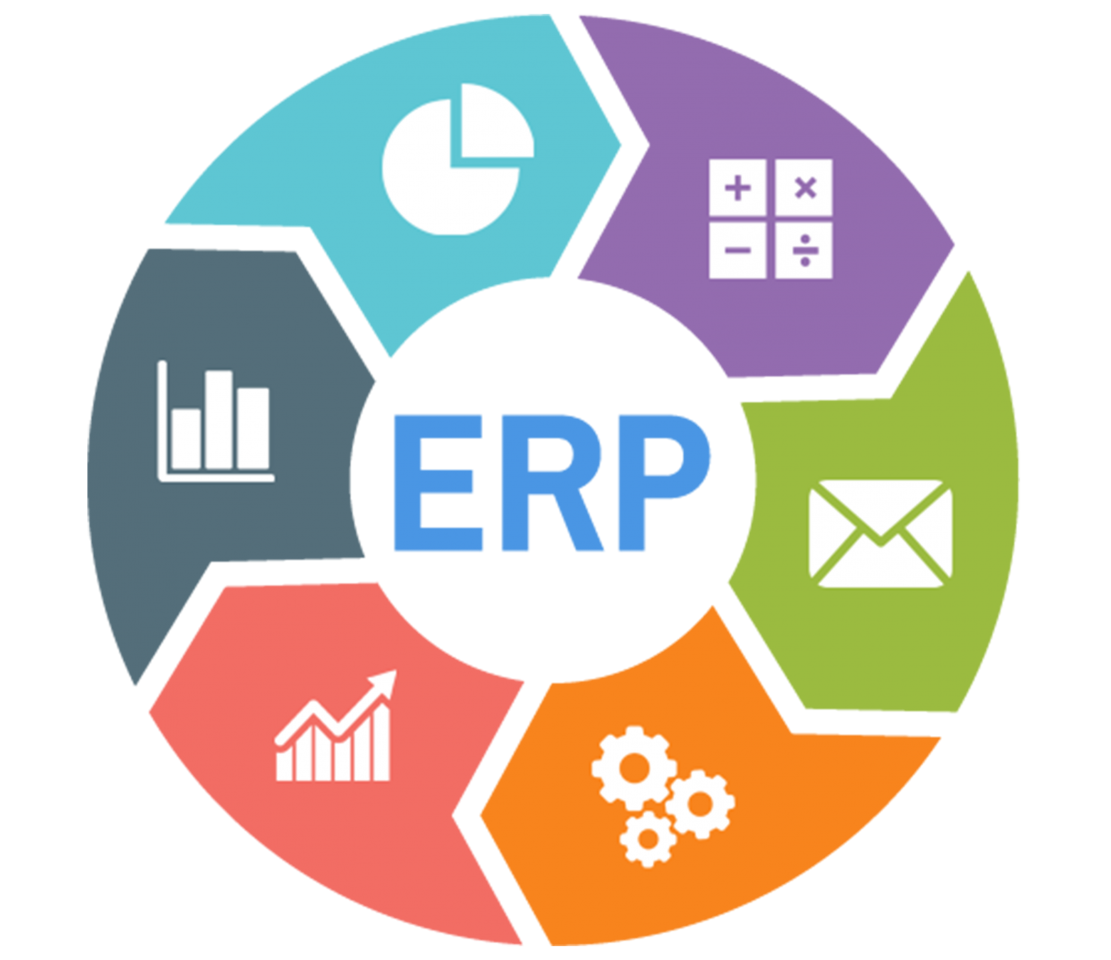
What is ERP and how does it work? One of the software systems developed to increase efficiency and effectiveness in the complex and dynamic structure of businesses is ERP (Enterprise Resource Planning) systems. ERP enables the integrated management of information in different departments of businesses, thus enabling business processes to be carried out more efficiently and effectively.
ERP, or Enterprise Resource Planning, are software systems that allow businesses to manage their various departments through a single centralized system. These systems enable business processes to be managed more effectively and efficiently by combining the basic functions of the business such as finance, human resources, production, sales, supply chain. The main purpose of ERP is to integrate the flow of information within the business, ensure data consistency and support decision-making processes. Thus, transactions between different departments can be tracked through a single system, reducing errors in business processes and increasing the overall performance of the business.
The working principle of ERP systems is based on managing all the basic business processes of the enterprise through a central database. These systems collect and analyze data from different parts of the business and make it available in a way that enables business processes to be carried out more efficiently. ERP has a modular structure; in this way, businesses can create a system suitable for their business processes by selecting the modules they need. For example, a manufacturing company may prefer modules such as production planning, material requirements planning and quality control, while a service company may focus on modules such as human resources, customer relationship management and financial management. ERP systems allow businesses to standardize business processes, reduce costs and adapt quickly to market changes, thus helping businesses gain a competitive advantage.
Definition and Purpose of ERP
ERP is an integrated software system that connects the basic business processes of the enterprise such as finance, human resources, production, supply chain, sales, inventory management and collects the information in these processes in a central database. Its purpose is to accelerate the flow of information within the enterprise, to ensure more efficient use of resources and to support decision-making processes.
ERP (Enterprise Resource Planning) is an integrated software system that allows businesses to manage their processes in different functional areas by combining them. Its main purpose is to increase the efficiency and effectiveness of business processes by collecting data from different parts of the business in a single database. ERP systems can cover various business functions such as finance and accounting, human resources, manufacturing, sales and marketing, supply chain management. These systems enable businesses to make faster and more consistent decisions, use resources more effectively and better control business processes. The integration offered by ERP makes the workflows of businesses more transparent and flexible, increasing cooperation and coordination between different departments.
The main purpose of ERP systems is to manage business processes more efficiently and support decision-making processes by optimizing the flow of information within the enterprise. These systems provide businesses with access to real-time data, helping managers make decisions based on instant information. In addition, ERP is a strategic tool that enables businesses to meet customer needs faster, adapt quickly to market changes and survive in a global competitive environment. Thanks to the integrated structure offered by ERP, businesses can reduce costs, reduce errors in business processes and increase overall operational efficiency. As a result, ERP systems are a critical technological investment that supports businesses to adapt to the demands of the ever-changing business world and achieve sustainable growth targets.
Key Features of ERP Systems
- Integration: ERP integrates business processes in different departments of the business.
- Automation: Automates business processes, reducing manual workload and lowering the error rate.
- Data Centric: Utilizes a single database for all business processes, ensuring data consistency and accuracy.
- Modular Structure: Businesses can customize and expand their ERP systems according to their needs.
- Real Time Information: It presents the data obtained from all processes within the enterprise in real time.
Functioning of ERP Systems
ERP systems are based on linking different departments of the business and processing the data collected from these departments by collecting them in a central database. These systems handle business processes in modules and ensure the flow of data between these modules. For example, when a sales order is received, this information is automatically transferred to the production, finance and inventory management modules. This accelerates the flow of information within the organization and facilitates coordination between processes.
The functioning of ERP (Enterprise Resource Planning) systems aims to increase efficiency and effectiveness by connecting all core business processes of enterprises. These systems collect data and transactions from various functional areas such as finance, human resources, production, sales, supply chain management in a central database. The integration principle underlying ERP facilitates the flow of data between different departments and processes, enabling the business to make faster and more consistent decisions. For example, when a sales order is entered into the system, this information automatically updates stock levels, triggers production planning and adjusts financial records, allowing business processes to proceed in a smooth and coordinated manner.
The way ERP systems work is based on a modular structure, which means that businesses can select and implement only the modules they need. This modular approach gives businesses flexibility and allows the system to adapt to the growth and changing needs of the business over time. With its real-time data processing capacity, the ERP system supports more informed and faster decision-making processes by providing managers with instant reports and analysis. Furthermore, ERP offers tools such as detailed data analysis and workflow automation to continuously improve business process excellence. This integrated and automated operation helps businesses maximize operational efficiency, reduce costs and increase customer satisfaction.
Benefits of ERP for Businesses
- Increased Productivity: Thanks to the automation and integration of business processes, manual processes are reduced and transactions are faster.
- Supporting Decision Making Processes: Real-time data access helps managers make more informed decisions.
- Reducing Costs: More efficient use of resources and fewer errors in business processes reduce costs.
- Increasing Customer Satisfaction: Faster and more accurate processing of orders increases customer satisfaction.
Selection and Implementation of ERP Systems
The selection and implementation of ERP systems is a complex and time-consuming process. It is necessary to analyze the needs of the business correctly, select an appropriate ERP system and customize the system according to the characteristics of the business. In the implementation process, employee training and change management are also of great importance.
The selection and implementation of ERP systems is a strategic decision process for businesses and a successful implementation can significantly improve the operational efficiency and market competitiveness of the business. This process requires a detailed analysis of the current business processes, technological infrastructure and future goals of the business. In order to select the ERP system that best suits the needs of the business, a comprehensive assessment of the different ERP solutions on the market should be made and how the systems can meet the unique needs of the business should be examined. In addition, factors such as the cost, customizability, ease of use, technical support services and system upgrades of the selected ERP system should also be considered. Choosing an ERP system that is aligned with the long-term goals of the business allows for continuous improvement of business processes as well as maximizing the return on technological investment.
Successful implementation of ERP systems is not only limited to selecting the right system; it also requires effective planning and implementation of the management of the implementation process, employee training and change management strategies. The ERP implementation process is often complex and time-consuming and affects all parts of the business. Therefore, for the project to be successful, it is important to ensure the active involvement of all relevant stakeholders and to establish continuous communication. Training and change management accelerate the adaptation of employees to the new system and reduce potential resistance. In addition, customizing and integrating the ERP system according to the unique needs of the business plays a critical role in achieving the expected increase in efficiency and effectiveness in business processes. In the process of selecting and implementing ERP systems, businesses can benefit from expert consultancy services to help the process run more efficiently and smoothly.
ERP systems are powerful tools that allow businesses to manage their business processes more efficiently and effectively. A properly selected and successfully implemented ERP system can increase the competitive advantage of the business and ensure its sustainability in the long term. Therefore, the process of selecting and implementing ERP systems should be given due importance.

